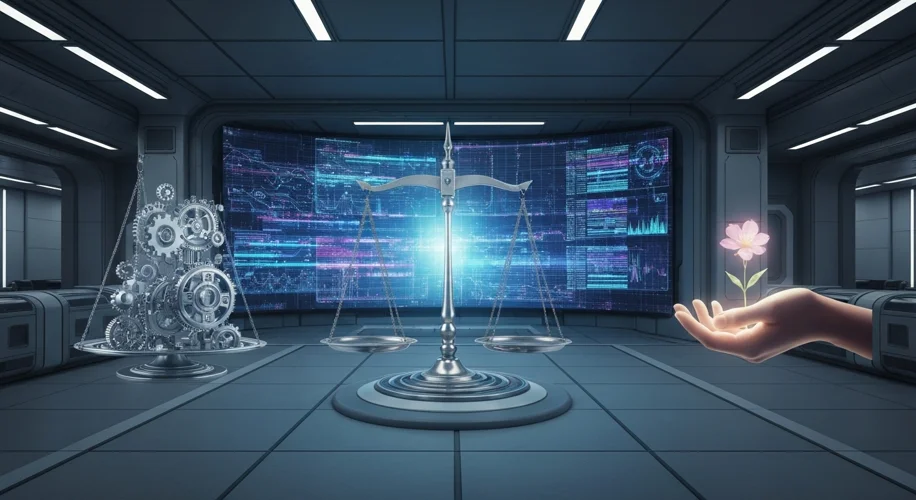It’s August 2025, and Artificial Intelligence is woven into many aspects of our lives. In healthcare, its presence is growing rapidly. We’re seeing AI help with diagnostics, drug discovery, and even managing hospital workflows. But lately, a more concerning use has surfaced: health insurance companies employing AI to automatically deny medical claims.
Think about it. An algorithm, with minimal human review, can decide if a treatment you need is covered. This isn’t science fiction; it’s becoming a reality. My years spent in archives have taught me that new technologies often bring unintended consequences, and this seems to be one of them.
Historically, the process of approving or denying medical claims involved human judgment, often with a review board or a case manager. This allowed for nuance, for considering individual patient circumstances. Now, automated systems are being programmed to sift through vast amounts of data, looking for patterns that might flag a claim as unnecessary or fraudulent. The idea is efficiency and cost-saving.
However, this shift raises significant ethical questions. What happens when an AI, trained on data that might inherently contain biases, makes a decision about someone’s health? Patient advocacy groups are rightly concerned. They worry that these automated systems can disproportionately affect vulnerable populations or patients with complex, less common conditions that don’t fit neatly into the AI’s pre-defined categories.
There’s a real concern that this could lead to a ‘healthcare AI war.’ Not a war with weapons, but a battle between the drive for technological efficiency and cost reduction by insurers, and the fundamental need for equitable access to care for patients. Who advocates for the patient when the decision-maker is a line of code? How do we ensure transparency and accountability when an AI denies a crucial treatment?
We need to look at the evolution of technology to understand this. When early computing and automation began, there was a similar push for efficiency. But we also learned the importance of human oversight, especially when decisions had significant human impact. The goal isn’t to halt progress, but to ensure that innovation serves humanity. In healthcare, where stakes are literally life and death, the margin for error, especially in automated decision-making, must be vanishingly small.
As we move forward, it’s crucial to have conversations about how these AI systems are built, how they are audited, and what recourse patients have. The ingenuity that builds these tools must be matched by the wisdom to deploy them responsibly. History teaches us that unchecked technological advancement without ethical consideration can lead to unforeseen problems. It’s vital we bring human empathy and rigorous oversight into the algorithmic heart of healthcare decisions.

